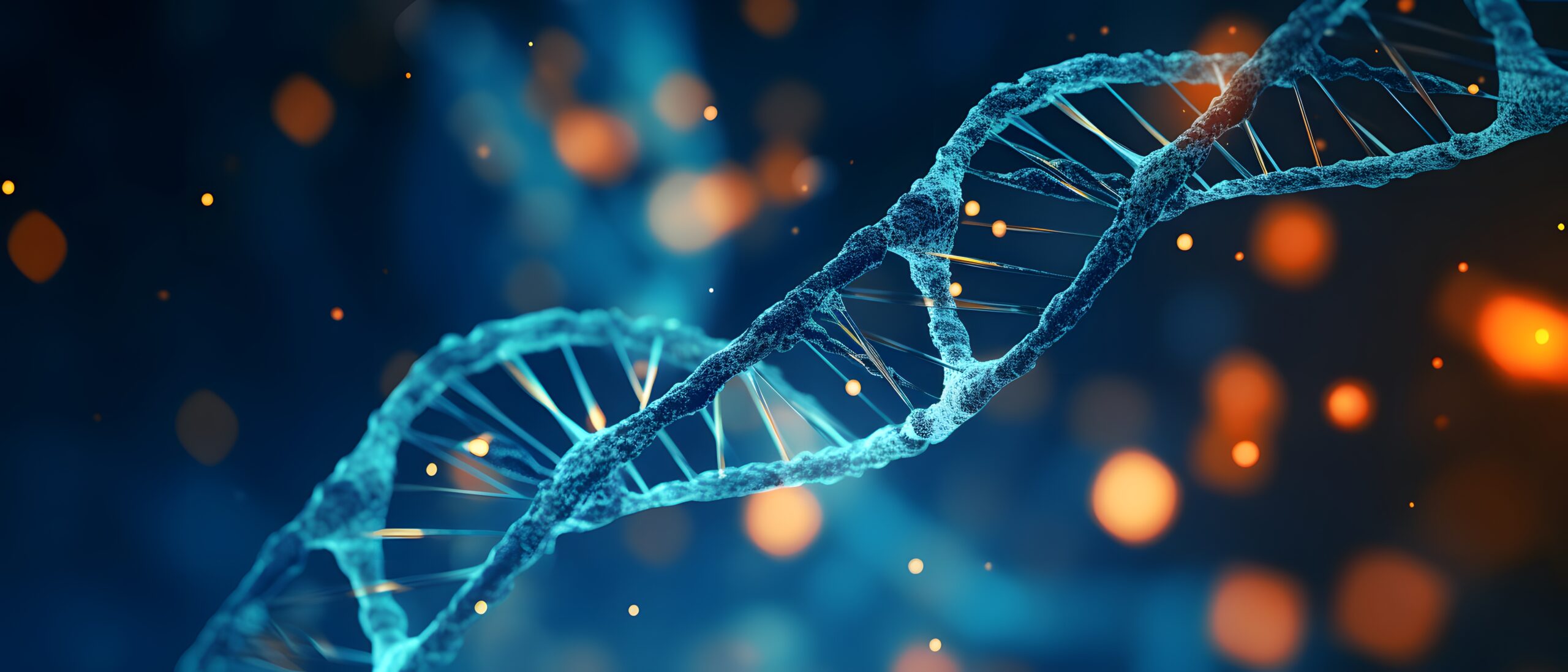
The Biosecurity and Pandemic Policy Center at Texas A&M University published a January 2025 white paper recommending the creation of an independent federal agency to oversee the safety and security of pathogen research conducted in the United States or funded by the U.S. government. The paper argues for taking a comprehensive and collaborative approach that pairs expanded regulatory oversight with technical assistance, non-punitive incident reporting, funding for biosafety and biosecurity research, and education and training efforts. It also discusses the need to consolidate and streamline requirements and remain flexible as technology advances.
To describe this approach to the safe, secure, and ethical conduct of life science research, the authors propose a new term: bioresponsibility.
Other scholars and practitioners have called for an independent federal agency focused on biosafety and biosecurity. In many industries where accidents or misuse could cause major damage—including finance, chemical production, nuclear power, and aviation—independent or semi-independent agencies already exist to oversee them. The Center’s new paper builds on many of these ideas and models to create the most detailed exploration of this concept available to date.
Click here to access the full white paper.
The Biosecurity and Pandemic Policy Center resides within the Scowcroft Institute of International Affairs at the Bush School of Government and Public Service at Texas A&M University. Founded in August 2024, the center supports high-impact, non-partisan research and education on policies intended to defend our nation and world against pandemics and other large-scale biological threats.
Read on for a summary of the paper’s findings and recommendations.
Findings: Current Policies are not Sufficient to Address Emerging Challenges
The United States possesses the world’s strongest life sciences research enterprise. However, a small subset of research involves modifying or using highly transmissible pathogens. In the event of accidents or misuse, this research could threaten national security and public safety and jeopardize U.S. public support for the life sciences. Rapid advances in synthetic biology and related fields are contributing to an evolving risk landscape and making advanced capabilities more widely available.
U.S. government policies are fragmented, with limited oversight for non-federally funded research, variable enforceability, and a lack of fully independent oversight. They are also inflexible and slow to adapt to technological change. More comprehensive, versatile, and independent regulatory oversight is needed. However, regulation moves slowly. Therefore, collaboration with the research community on non-regulatory research safety and security measures is needed. Further, research is needed to build the evidence base for what safety and security practices work.
Recommendations: Establish an Independent Bioresponsibility Authority
Key regulatory components include:
- Requiring all research that could increase the threat of high-risk pathogens be reviewed before it begins, with the authority itself reviewing all research that could cause a pandemic;
- Unified regulatory standards for high-risk pathogens that incorporate the Federal Select Agent regulations and CDC and NIH policies, and move toward a risk-based approach;
- Mandatory screening of synthetic nucleic acid orders and customers;
- Registration of entities conducting activities described above;
- Taking ownership of human and veterinary pathogen permitting from CDC and USDA;
- Monitoring transactions of equipment and supplies indicative of regulated activities;
- Applying regulations regardless of federal funding status; and
- Engaging in FAA-style non-punitive compliance actions for less serious violations.
Key non-regulatory components include:
- Technical assistance to regulated entities with legal safe harbor for following guidance given;
- Empirical research on biosafety and biosecurity;
- A non-punitive reporting system for laboratory incidents housed in a semi-independent body;
- Research on bioresponsibility implications of emerging technologies;
- Creation of education and training materials and engaging informally with researchers; and
- Support for international engagement on bioresponsibility.
